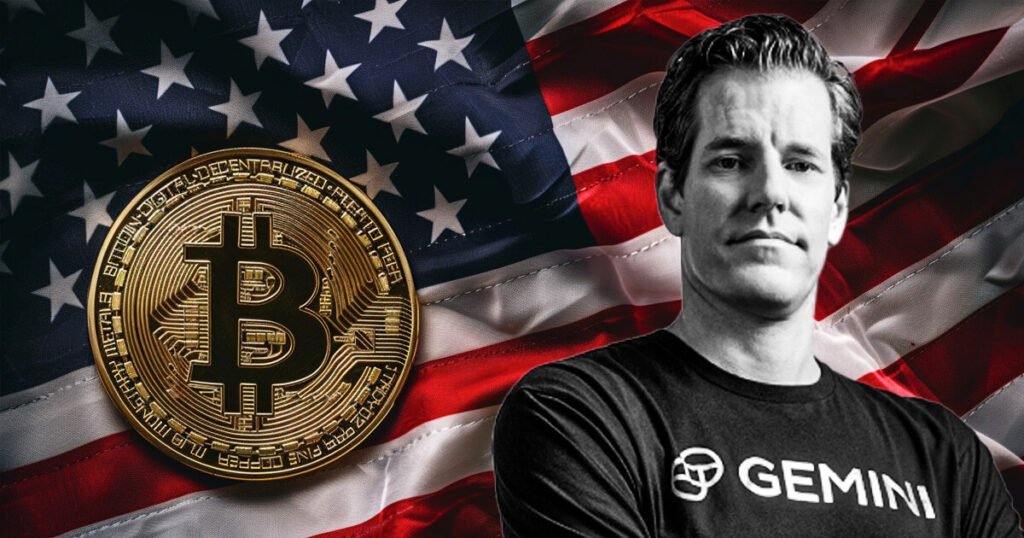Gemini co-founders Tyler and Cameron Winklevoss recently endorsed former US President Donald Trump, citing his support for Bitcoin, crypto, and business as their reasons for backing him in the November election. The twins each donated $1 million in Bitcoin to Trump’s presidential campaign, sparking a conversation in the crypto community about political preferences.
The Winklevoss twins’ endorsement comes amidst growing concerns about the Biden Administration’s stance on crypto regulation. Tyler Winklevoss accused the administration of using federal agencies to stifle innovation and harass crypto companies, drawing parallels to the controversial Operation Choke Point initiative from the Obama era.
In addition to criticizing the Biden Administration, Winklevoss also took aim at the Securities and Exchange Commission (SEC) for its regulatory approach towards the crypto industry. He argued that the lack of clear guidelines has allowed the SEC to arbitrarily sue crypto projects and companies, hindering innovation and growth in the sector.
The Winklevoss twins’ support for Trump highlights the deep divisions within the US political landscape when it comes to the best path forward for digital assets and regulatory oversight. Other industry leaders, such as Coinbase CEO Brian Armstrong, have also voiced their concerns about anti-crypto policies and called for a change in political leadership to support the crypto community’s interests.
The debate over crypto regulation in the US continues to intensify, with industry players like the Winklevoss twins taking a stand against what they perceive as government overreach and hostility towards innovation. As the 2020 election approaches, the decisions made by voters will have a significant impact on the future of the crypto industry and its regulatory environment.
The Winklevoss twins’ public endorsement of Trump and their significant financial contribution to his campaign mark a pivotal moment in the ongoing conversation around crypto regulation in the US. Their actions have sparked a debate within the industry about the role of government in shaping the future of digital assets and the importance of supporting candidates who align with the interests of the crypto community.

